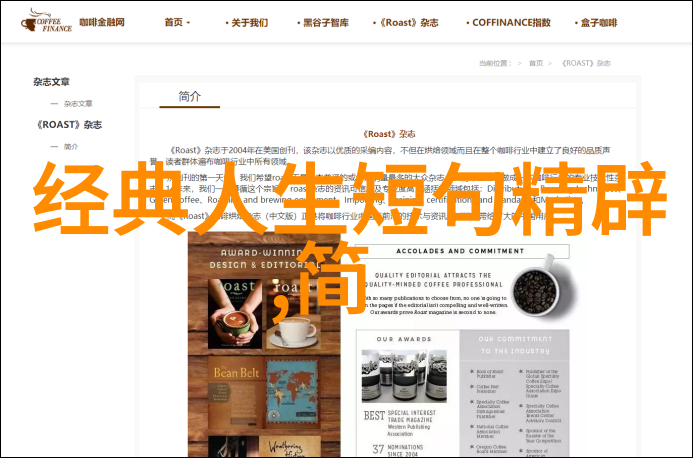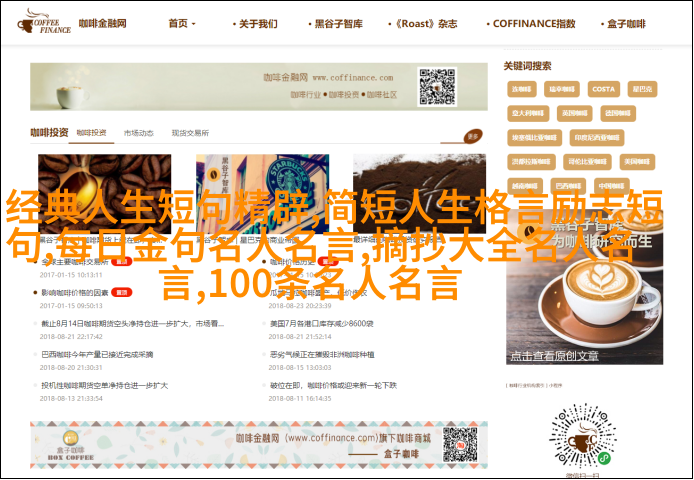卖炭翁的生活经历能否成为我们对古代民生困难的缩影
在中国古代文学中,卖炭翁是一个形象丰富、意义深远的角色。他的形象不仅出现在曹雪芹的《红楼梦》之中,也在其他许多文学作品中多次出现。这些作品中的卖炭翁往往是社会底层的人物,他们生活在一个充满贫困和艰辛的时代。

首先,让我们来探讨一下“卖炭翁”这一角色背后的历史背景。在古代中国,尤其是在封建社会,燃料资源非常珍贵,因为它关系到人们的生存和生产。因此,作为燃料供应者的人们自然地就成为了社会经济结构中的重要组成部分。而“炭”的这种燃料,更因其耐储性和易于携带而广泛使用,因此,“卖炭翁”这个职业便成为了一种稳定的工作来源。
然而,这份稳定也伴随着艰苦的劳动条件和低下的生活水平。“卖炭翁”的身份常常被视作是社会底层的一员,他们每天早起,从山林里采集木材,用火烧制后再运到城镇出售,以此为生。这一过程既需要体力劳动,又要面对恶劣的天气条件,如寒冷、雨水等。在这样的环境下,“卖炭翁”成了一个普遍存在于民间故事与诗词中的符号,他代表了那个时代的大众命运——贫穷与辛勤。

sells charcoal, or the "charcoal seller", is a common figure in ancient Chinese literature and folklore. He represents the hardships of life for many ordinary people during that time.
The character of the charcoal seller appears prominently in Cao Xueqin's novel "Dream of the Red Chamber". In this work, he is portrayed as an old man who goes to sell charcoal at night. His presence adds a sense of reality and authenticity to the novel, highlighting the stark contrast between his humble existence and that of his wealthy customers.

The story tells us that one day, when Jia Lian was on his way home from work late at night, he saw a poor old man carrying a heavy load of firewood on his back. The old man looked so tired and weak that Jia Lian couldn't help but feel sorry for him. He decided to give him some money out of sympathy. However, instead of taking it directly from Jia Lian's hand, he put it into his pocket with both hands together like someone receiving alms.
This scene reflects not only their social status but also highlights their different values towards wealth and poverty. For Jia Lian who comes from an affluent family background has no idea how hard these people have worked just to earn enough food for their families; while those selling charcoal live in constant fear about where their next meal will come from.

In another aspect, this scene could be interpreted as a reflection upon human nature itself: there are rich people who would help others without any expectation or reward (like Mr.Li), there are those who would receive such charity with humility (the poor old man) - yet there are also those who would refuse such kindness altogether because they believe themselves above accepting charity (Jia Yucun).
From all these aspects we can see how much depth this seemingly simple character has been imbued with by authors through centuries past - far beyond being just an ordinary 'charcoal vendor'. They serve as symbols representing society's lowest rungs - reminding readers constantly about inequality within our societies throughout history till date.

In conclusion,"selling charcoal" was more than just a job description; it represented survival under harsh conditions against societal odds.The image conjured up by this phrase carries connotations which extend beyond its literal meaning — encompassing themes like resilience amidst hardship and socio-economic disparities prevalent in ancient China .